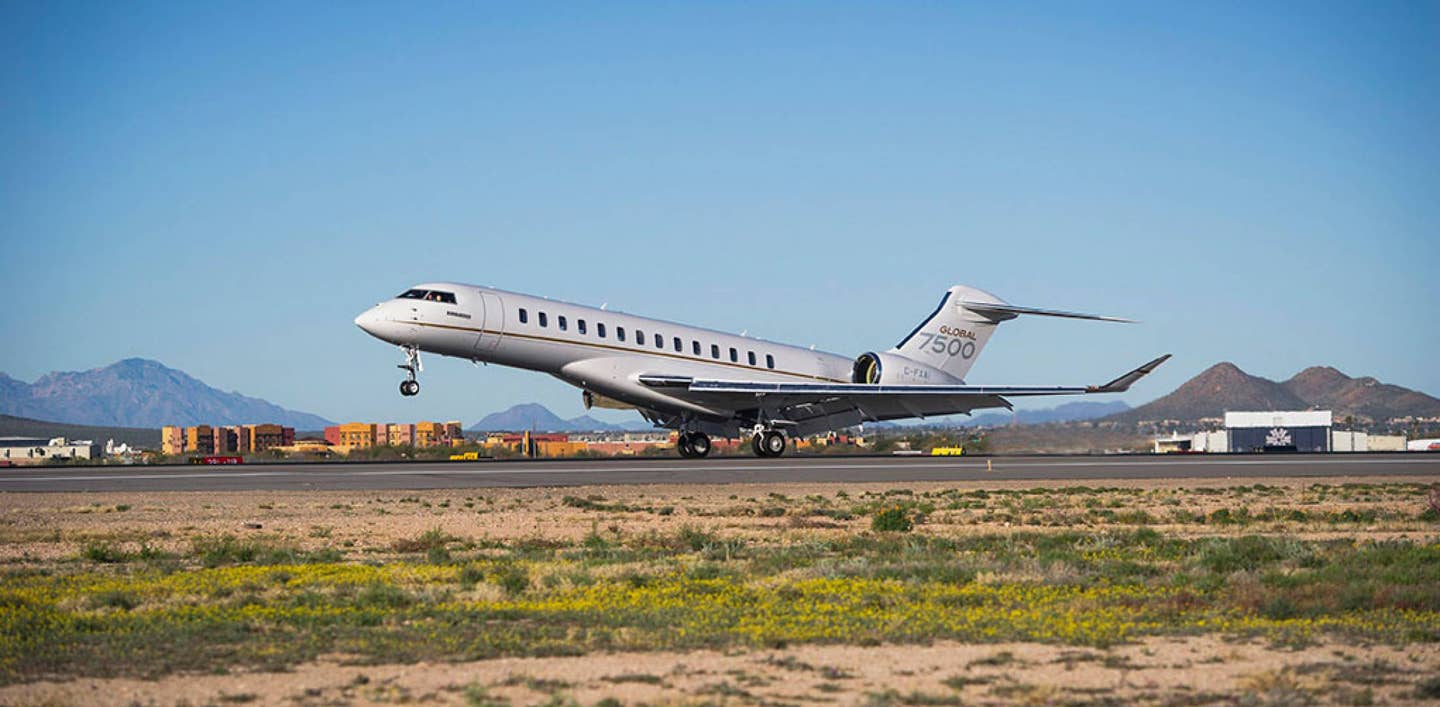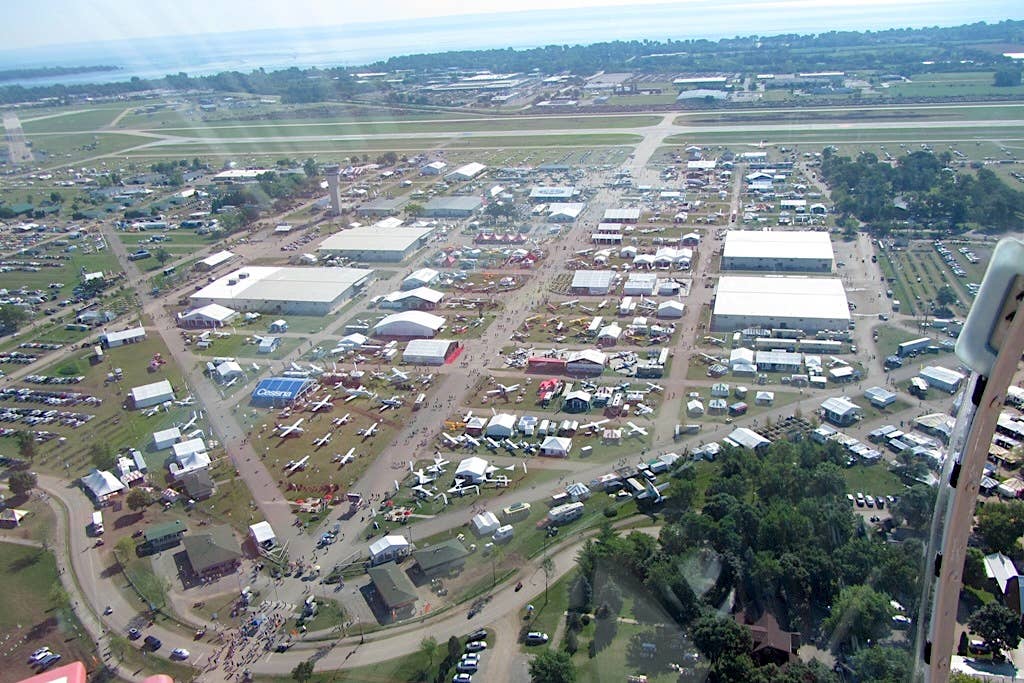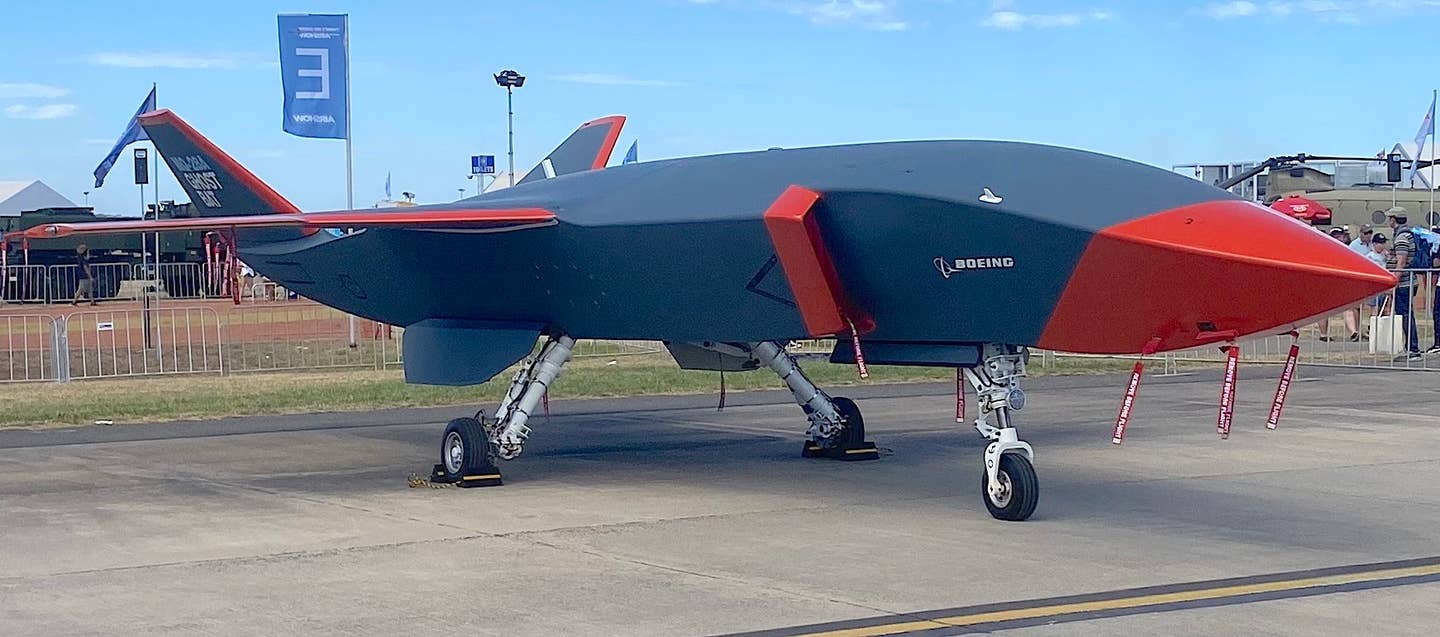Bombardier Hints At Leaving Aviation Business
Bombardier said it may end its partnership with Airbus in the A220 airliner and hinted it could even sell its business jet division to pay off debt and prop up…

Bombardier said it may end its partnership with Airbus in the A220 airliner and hinted it could even sell its business jet division to pay off debt and prop up its sagging train business. The company cut its earnings projections for 2019 for the second time prompting a stock sell-off that reduced share prices by 32 percent in one day and raised concerns about its long-term viability. In that announcement, the company said revised estimates extend the break-even point of the A220 and lower its overall profitability. At the same time, Airbus, the majority partner with 50.1 percent, wants to ramp up production as the new airliner attracts orders and that would require proportional investment from Bombardier, which holds about 31 percent of the program. The Quebec government also has 19 percent.
"We are actively pursuing alternatives that would allow us to accelerate our debt paydown. The objective is to position the business for long-term success with greater operating and financial flexibility," it said in a news release. According to analysts and the market, that means it will be selling off assets to get out from under the $9 billion in debt that it had accumulated by the end of last year. The train business is considered its core so that leaves the business jet division, the last of several aviation enterprises remaining after it sold off its waterbomber, regional turboprop and regional jet divisions in the last two years. In 2017, Airbus essentially rescued the former CSeries program, which had depleted Bombardier’s resources through delays and overruns. The efficient and customer-friendly airliner, since renamed the A220, has gained some market traction, necessitating more production.
Even if it ditches the A220, analysts fear the savings won’t be enough and the next step would be selling off the business jet division. The company recently certified its latest generation of large-cabin bizjets, the Global 5500, 6500 and 7500 models, and they have a healthy order book. It recently announced it would build a massive production facility at Toronto's Pearson International Airport to build the Globals and its legacy Challenge line after selling its private airport and factories in midtown Toronto for residential and commercial development. Business jet analyst Brian Foley wrote in Forbes that it might be hard to find a buyer for the bizjet business. Gulfstream and Dassault don’t need it, Embraer could use it but is in the middle of forming an alliance with Boeing and that leaves Textron, which he said prefers to buy companies that are distressed.






